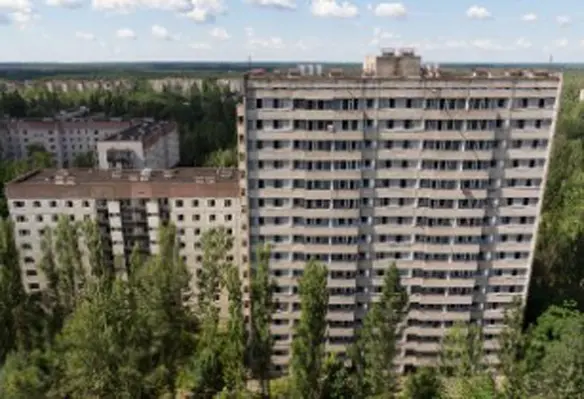In the 2nd Asia-Pacific Urban Forestry Meeting (APUFM), held in Seoul from 13-15 September 2017, FAO has stated that the urban forests play an important role in making Asia-Pacific cities greener, healthier, happier and more resilient to climate change
The contribution that urban forests across the Asia-Pacific region are making towards achieving the Sustainable Development Goals (SDG) is one of the main agendas of the meeting which has attracted around 120 participants from 12 Asia-Pacific countries as well as experts from other regions.
Urban forests increase the quality of urban living and cities’ resilience to severe weather events, with trees removing pollutants from the air and cooling the urban environment, thus preventing risks associated with extreme climatic events, said FAO.
FAO said that the Asia-Pacific region is home to more than four billion people, with half of them living in cities. The population is further expected to swell by another billion by 2040. According to FAO, this rapid urbanisation along with the depletion of natural resources, limited availability of clean water and increased air pollution constitute adverse impact on climate change in the Asia-Pacific region.
Urban forests and trees can effectively increase soil stability and improve the availability of water, thus contributing increased food security and in some cases, indirectly adding to livelihoods.
In addition, a 10 per cent increase in urban green space can postpone onset of health problems by up to five years. Also, the prevalence of obesity among children living in green spaces is reduced by around 10-20 per cent as compared to urban areas where children have limited or no access to green spaces, stated FAO.
The three-day meeting is expected to culminate in the launch of the Seoul Action Plan, which lays out seven goals and provides a set of urban forestry actions to increase sustainability and resilience of urban development. The plan is expected to guide Asia-Pacific countries in realising the global vision of the new urban agenda, agreed at the UN Habitat III summit in Ecuador in 2016, and enable them to contribute through urban forestry in achieving the SDGs.
During the opening session of the meeting, Jong-Jin Kim, deputy regional representative in Asia and the Pacific of FAO, said, “Well-managed urban and peri-urban forests (UPF) provide ecosystem goods and services and other public benefits in and around cities and can help local administrations respond to the needs of growing urban populations.”




